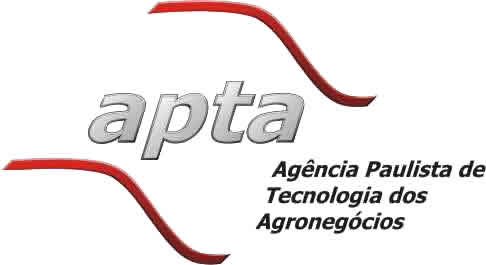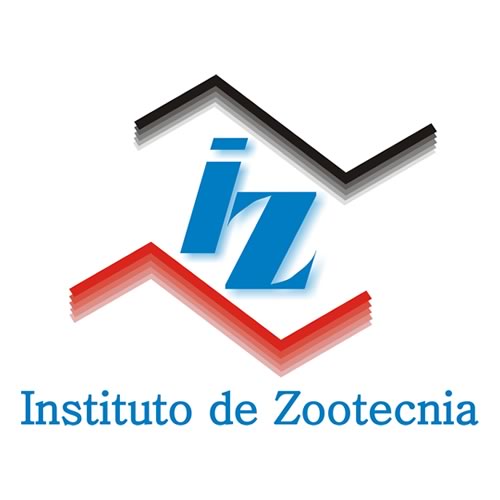Strategic practices for mitigating greenhouse gas emissions in grassland systems of the Brazilian Southeast
Coordenador(a): Luciana Gerdes
Vigência do projeto
01/08/2018 até 28/07/2023
Unidade responsável
IZ, Centro de Nutrição Animal e Pastagem
Área Estratégica
sustentabilidade ambiental
Linha de Pesquisa
Avaliação de alimentos para ruminantes
of greenhouse gases (GHG) in the atmosphere remains an important topic of scientific and public interest. The increase in these gases has been considered to be a major cause of global warming. In this context, agriculture, especially the Brazilian livestock production sector, has been the target of concern. This is because cattle represent 83.9% of all livestock production in Brazil; moreover, the country has the second largest cattle herd in the world. Appropriate agricultural practices can reduce and/or mitigate GHG emissions and improve the sustainability of the cattle industry. The manipulation of ruminal fermentation and the increment in C sequestration in the production systems are considered the important strategies to mitigate GHG in Brazaccumulation il. In this regard, this project will be implemented through the collaborative work of 5 institutions: 1) The Brazilian Agricultural Research Corporation - Embrapa (3 research centers: Southeast Livestock, Environment and Instrumentation); 2) The University of São Paulo - USP (College of Veterinary Medicine and Animal Science, College of Animal Science and Food Engineering, Center of Nuclear Energy in Agriculture, and Luiz de Queiroz College of Agriculture); 3) The Sao Paulo Agency for Agribusiness Technology - APTA (Institute of Animal Science); 4) The University of California (Davis) and 5) The Brazilian Institute of Geography and Statistics (IBGE). The project itself will consist of an experimental component (physical-chemical-biological factors) and a data processing component (political-economic-social factors). The experimental component aims to evaluate different mitigating strategies within the following contexts: 1) characterization of pasture productive components; 2) rumen The metabolism and metagenomics; 3) animal performance and dry matter intake; 4) meat quality; 5) ruminal methane and soil/plant GHG flux; 6) physical parameters, the dynamics of organic matter and carbon stock in the soil; and 7) carbon balance. This experimental component will consist of four trials: 1) the effects of intensification and integration of grazing systems; 2) the use of pigeon pea bean in the recuperation of pastures; 3) grass and legume (Macrotyloma axillare) intercropping for biological nitrogen fixation (BNF) in the soil; and 4) deferred grazing as a strategy for GHG mitigation. Within the data processing component will be carried out 3 studies: 1) study of critical territorial planning factors to create tools to advise the oriented technologies transfer and stakeholders decisions, 2) economic evaluation of livestock production systems with mitigating practices, and 3) study to assess the evolution of agricultural, animal and environmental management practices of the livestock in São Paulo state compared to the other states of Brazil throughout the last three decades. It is expected to identify - from among the most productive systems currently available - those that have the greatest potential for GHG mitigation in order to promote the greatest soil carbon stocks.
| Luciana Gerdes | Coordena este projeto |
Sobre
O SGP (Sistema de Gestão de Pesquisa) foi implementado em todas as unidades APTA, para centralizar o controle de todos os projetos desenvolvidos sob sua supervisão. [Ler mais]
Endereço APTA – São Paulo
Praça Ramos de Azevedo, 254, 2º andar - República, São Paulo - SP
Fone : (11) 5067-0447 e 5067-0427
Endereço APTA – Campinas
Avenida Barão de Itapura, 1481 - Botafogo, Campinas - SP
Fone : (19) 2137-8930



